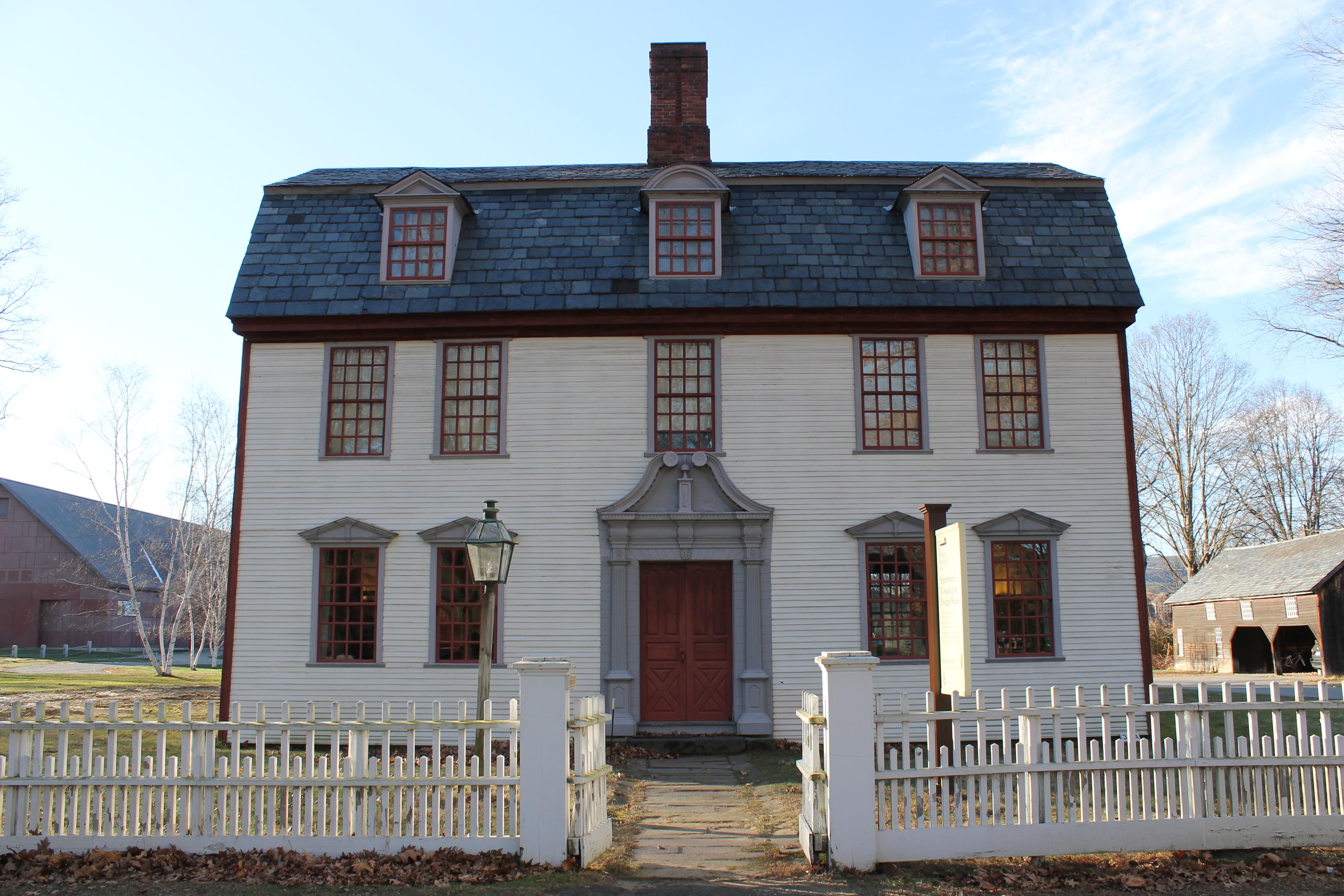
28 Dec Understanding the “Senior Freeze”
Photo: TheBrassGlass/morguefile.comQ. Can you clarify about the property tax freeze for seniors? I was talking to my coworker, who is 64. He said he went to his property tax office and they gave him faulty information.
— Getting the specifics
A. This is a complicated one, and it’s confusing for many seniors. And based on your coworker’s experience, perhaps it’s confusing for some property tax officials.
According to the Division of Taxation web site, where you can find all the details, The Property Tax Reimbursement — known as the “Senior Freeze” — reimburses senior citizens and disabled persons for property tax increases.
The most recent info is for 2014.
The site said for applicants who met all the eligibility requirements for 2013 and again for 2014, the amount of the 2014 reimbursement will be the difference between the amount of property taxes that were due and paid by the applicant for 2013 and the amount of property taxes that were due and paid for 2014 — as long as the amount paid for 2014 was greater than the amount paid for 2013.
There are specific rules for homeowners and mobile home owners.
Here are the details, per Taxation’s web site:
To qualify for the 2014 reimbursement, an applicant must meet all of the following requirements.
• You must have been age 65 or older as of December 31, 2013, OR receiving Federal Social Security disability benefits as of December 31, 2013, and December 31, 2014. You do NOT qualify if the Federal Social Security disability benefits you (or your spouse/civil union partner) were receiving were received on behalf of someone else; and
• You must have lived in New Jersey continuously since December 31, 2003, or earlier as either a homeowner or a renter; and
• You must have owned and lived in your home (or have leased a site in a mobile home park on which you have placed a manufactured or mobile home that you own) since December 31, 2010, or earlier; and
• You must have paid the full amount of the property taxes due on your home: For 2013: By June 1, 2014, and For 2014: By June 1, 2015; and
• Your total annual income must have been: For 2013: $84,289 or less, and For 2014: $85,553 or less These limits apply regardless of your marital/ civil union status. However, if your status at Line 1 and/or Line 2, Form PTR-1, was married/ CU couple, and you lived in the same house hold, you must combine your incomes for that year.
You may not apply for a reimbursement for a:
Vacation home or “second home” or property that you rent to someone else; or property that consists of more than four units; or property with four units or less that contains more than one commercial unit.
You also may not apply if you:
• Received a 100% exemption from paying property taxes as a totally and permanently disabled veteran.
• Made P.I.L.O.T (Payments-in-Lieu-of-Tax) payments to your municipality. These payments are not considered property taxes.
If you moved to your current home between January 1, 2011, and December 31, 2012, and you filed for and received a reimbursement for property taxes (or mobile home park site fees) paid for the last full tax year that you occupied your previous home, you may be eligible to file a reimbursement application for 2014 if you meet all the other eligibility requirements.
Go to Taxation’s site to see if you qualify, then call the Property Tax Reimbursement Hotline at 1-800-882-6597 for assistance.
Email your questions to Ask@NJMoneyHelp.com.
This story was first posted in December 2015.
NJMoneyHelp.com presents certain general financial planning principles and advice, but should never be viewed as a substitute for obtaining advice from a personal professional advisor who understands your unique individual circumstances.
